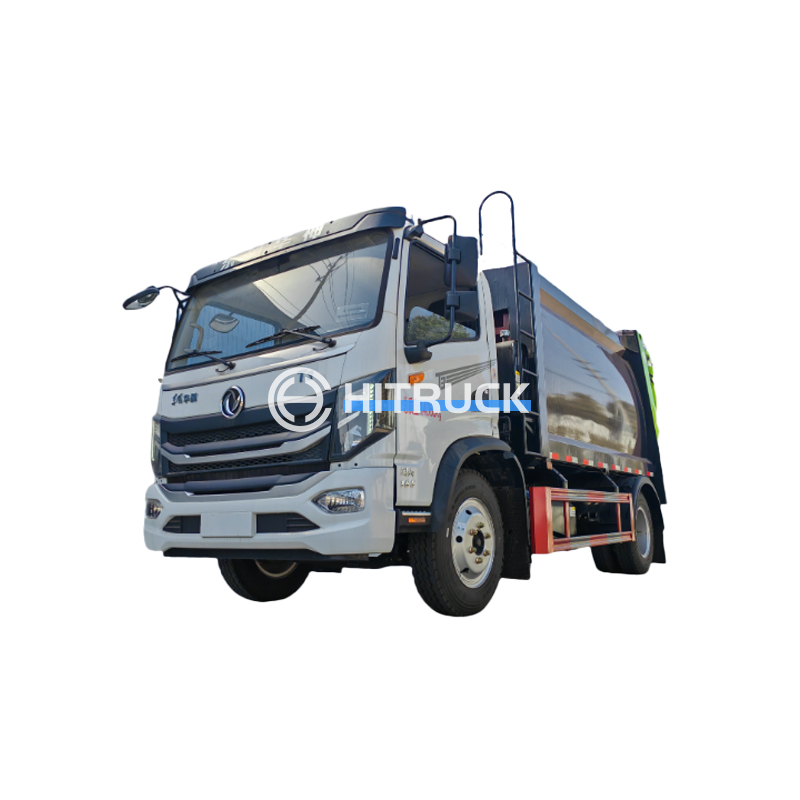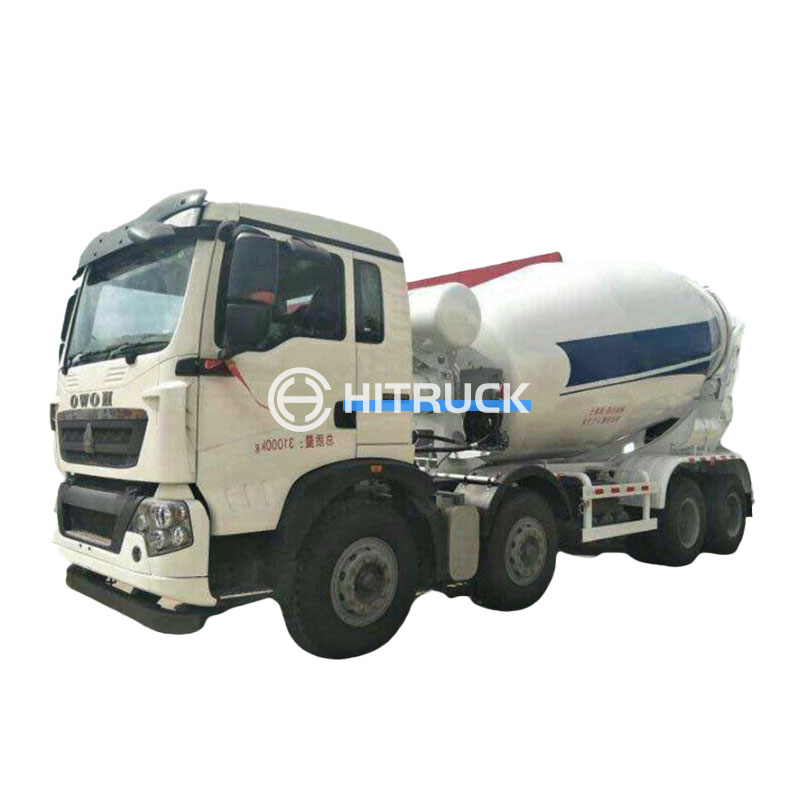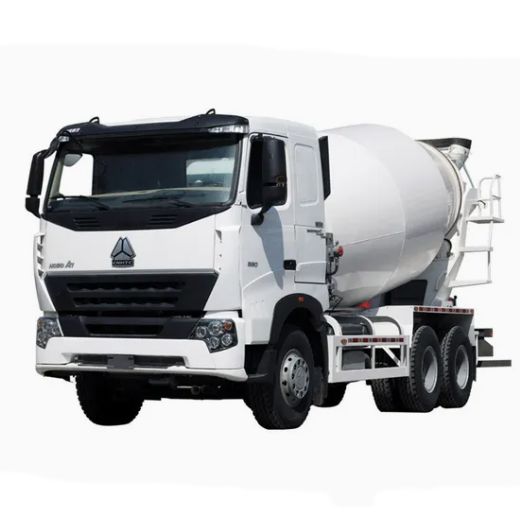This guide provides a comprehensive overview of how much gravel a dump truck can hold, factoring in truck size, gravel type, and loading methods. We'll explore different dump truck capacities and offer practical advice for estimating gravel needs for your project. Learn how to accurately calculate the amount of dump truck of gravel required for your next construction or landscaping endeavor.
Dump trucks come in a wide variety of sizes, each with a different carrying capacity. The most common sizes are measured in cubic yards (yd3). Smaller trucks might hold around 10 yd3, while larger models can carry up to 40 yd3 or more. The capacity is largely determined by the truck's bed dimensions (length, width, and depth). When ordering a dump truck of gravel, be sure to specify the desired volume. Accurate estimation is crucial to avoid over- or under-ordering material.
The actual amount of gravel a dump truck can hold can vary based on several factors. The type of gravel itself influences the volume. For instance, larger, angular gravel particles will have more air spaces between them compared to finer materials, resulting in less gravel per cubic yard. The method used for loading the truck also plays a role; proper loading techniques ensure efficient use of space and prevent waste. Additionally, the density of the gravel also changes this capacity, with heavier materials filling the bed more efficiently.
To determine how many dump truck of gravel you need, accurately calculate the total cubic yardage of gravel required for your project. This often involves measuring the length, width, and depth of the area you plan to fill. Multiply these dimensions to determine the cubic yards needed. Remember to account for compaction – gravel typically settles after being placed.
Gravel compacts once placed, leading to a reduction in volume. This means you'll likely need slightly more gravel than the initial calculations suggest. A general rule of thumb is to add 10-15% to your estimated volume to account for compaction, especially for larger projects. This factor ensures you have enough material to complete the job successfully.
Selecting a reliable supplier is crucial for a smooth process. Consider factors like their reputation, pricing, and delivery options. Reading online reviews can help you identify trustworthy suppliers in your area. A reputable supplier will accurately assess your needs and provide the correct amount of dump truck of gravel.
Obtain quotes from multiple suppliers to compare prices and services. Ask about delivery fees, minimum order quantities, and any additional charges. Remember to clarify the type and quality of gravel offered by each supplier to ensure consistency in your project. Choosing a supplier with excellent customer service and responsive communication will enhance your project experience.
The cost of a dump truck of gravel varies significantly depending on factors like location, gravel type, distance to the delivery site, and the supplier's pricing. Contact local suppliers for accurate quotes tailored to your specific needs.
The best type of gravel depends on your project's specific requirements. For driveways, consider durable materials like crushed stone or river rock. For landscaping, decorative gravels like pea gravel or river stone may be more suitable. Consult with a supplier to select the most appropriate gravel type for your application. Choosing the right gravel will optimize the longevity and appearance of your project.
| Truck Size (yd3) | Approximate Gravel Capacity (yd3) |
|---|---|
| 10 | 8-10 (accounting for compaction) |
| 14 | 11-14 (accounting for compaction) |
| 20 | 16-20 (accounting for compaction) |
For more information on heavy-duty trucks and related services, visit Suizhou Haicang Automobile sales Co., LTD.
Disclaimer: The information provided in this guide is for general informational purposes only. Always consult with a qualified professional for specific advice related to your project. Gravel quantities are approximate and may vary depending on several factors.












